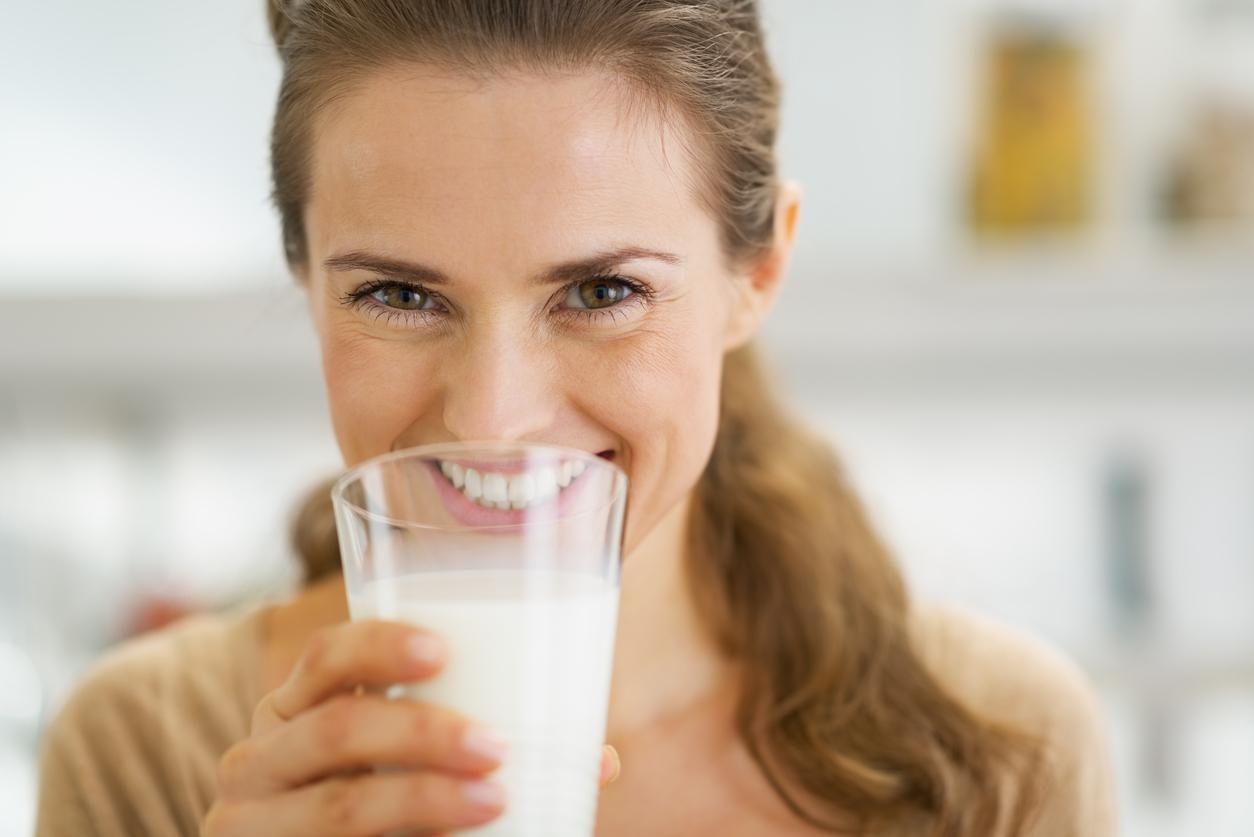Belief that milk makes cold mucus and phlegm worse is a medieval myth, scientists say
13th century Jewish physician introduced myth in treatise on asthma before it was popularised by American Paediatrician Dr Spock

Your support helps us to tell the story
From reproductive rights to climate change to Big Tech, The Independent is on the ground when the story is developing. Whether it's investigating the financials of Elon Musk's pro-Trump PAC or producing our latest documentary, 'The A Word', which shines a light on the American women fighting for reproductive rights, we know how important it is to parse out the facts from the messaging.
At such a critical moment in US history, we need reporters on the ground. Your donation allows us to keep sending journalists to speak to both sides of the story.
The Independent is trusted by Americans across the entire political spectrum. And unlike many other quality news outlets, we choose not to lock Americans out of our reporting and analysis with paywalls. We believe quality journalism should be available to everyone, paid for by those who can afford it.
Your support makes all the difference.The commonly held belief that you should avoid milk when you’ve got a cold or asthma because it increases phlegm production is a myth which may be making people’s health worse, doctors have said.
Children’s health experts from London’s Royal Brompton said people with long-term respiratory conditions such as cystic fibrosis could be missing out on vital calcium because of the misplaced belief.
Writing in the journal Archives of Diseases of Childhood, Dr Ian Balfour-Lynn traced the legend’s origins to the year 1204, when a Jewish spiritual leader and court physician Moses Maimonides wrote about it in a report on asthma – he also popularised the idea that chicken soups could help a cold.
The idea that milk should be avoided was reintroduced to the mainstream by the American paediatrician Dr Benjamin Spock in a 1948 book that sold more than 50 million copies in his lifetime.
But there is no robust evidence to back this up to date.
While one explanation mooted is that a protein in milk is known to breakdown into chemicals which stimulate mucus production genes. However this only occurs in the bowel so would be unlikely to affect the lungs or airways except in conditions such as cystic fibrosis, where the digestive system is also involved, Dr Balfour-Lynn said.
It is more likely the phenomenon is so persistent because of the way milk feels.
“This could well affect the sensory perception of milk mixed with saliva, both in terms of its thickness coating the mouth and the after feel–when small amounts of emulsion remain in the mouth after swallowing,” he writes.
“This may explain why so many people think there is more mucus produced, when, in fact, it is the aggregates of milk emulsion that they are aware of lingering in the mouth after swallowing.”
Dr Balfour-Lynn adds that that fractures are more common in children who don’t drink milk, and there could actually be health risks.
This is particularly important in conditions like cystic fibrosis or asthma when sometimes repeated large doses of steroids, which sap bone strength, are part of the treatment.
“While certainly the texture of milk can make some people feel their mucus and saliva is thicker and harder to swallow, there is no evidence (and indeed evidence to the contrary) that milk leads to excessive mucus secretion,” he concludes. “The milk-mucus myth needs to be rebutted firmly by healthcare workers.”
Join our commenting forum
Join thought-provoking conversations, follow other Independent readers and see their replies
Comments